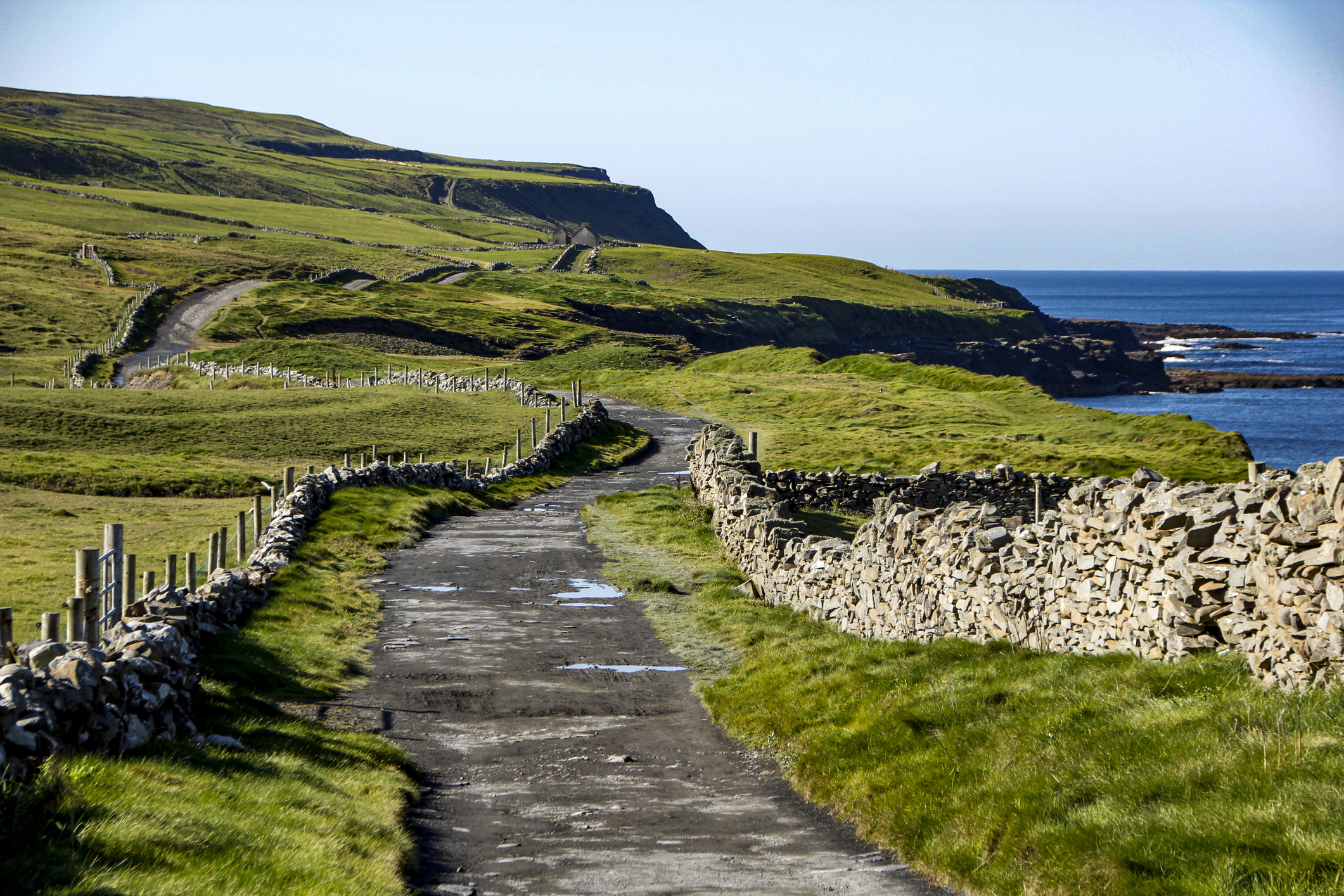
Ireland is a small country ideal for a robust EV charging infrastructure, with a mild (if a little damp) climate, relatively short distances between major cities, a partially owned national electrical supply, and no prominent mountain ranges running down the middle of the country. All of this is ideal for a booming EV culture, and Ireland has certainly risen to the occasion in the past 3 years...in the bigger cities at least.
In 2022 over 15,000 electric cars were registered in Ireland, and this number is expected to increase significantly in the coming years. This has put a certain strain on the charging infrastructure, however, the Irish government is taking steps to address this issue. Last year the government announced a €100 million investment in EV charging infrastructure. This investment will help to increase the number of charging points available and should take away some range anxiety for drivers.
A challenge, however, is encouraging those living in rural areas to switch to electric cars.
Over 7,000 EVs were registered as being in Dublin, the nations capital. Cork is the closest contender with 388 registered. Kildare, a commuter county, came in second with 215 registrations. Meath and Wicklow followed with 164 and 165 registrations respectively. Galway had 130 electric cars registered. No other county, outside of Dublin, had more than 100 electric cars registered.

So why are people living in rural areas so hesitant to switch to fully EV driving? Well, the rural landscape in Ireland, especially in the west, is famous for being rugged. Whilst this is certainly beautiful and should be preserved, it can raise concerns when it comes to the range of EVs, and of course their performance in adverse weather conditions. High winds and rocky roads can reduce the performance of EVs.
But, with EV car performance improving and purchase costs reducing, there are some signs that electric car ownership is starting to spread to other parts of Ireland. For example, the number of electric cars registered in Kildare increased by 50% in 2022. This suggests that the electric car revolution is beginning to reach the commuter belt and other rural areas.
"The EV market is growing rapidly in Ireland, and we are seeing a lot of interest from motorists. The government's incentives have been a major driver of this growth, and we are confident that the market will continue to grow in the coming years." President of the Irish Electric Vehicles Owners' Association, Denis Murphy
Minister for Transport Eamon Ryan agrees, stating that "The growth of the EV market in Ireland is very encouraging. We are committed to making Ireland a leader in the transition to electric vehicles, and we are working hard to put in place the infrastructure and incentives that will make EVs a more attractive option for motorists."
The growth of the EV market in Ireland is expected to continue in the coming years. The government has set a target of having 1 million EVs on Irish roads by 2030. This will require a significant increase in the number of EV chargers in Ireland. The government is investing in the development of EV charging infrastructure, and there are now over 1,000 public EV chargers in Ireland.
Overall, the future of EVs in Ireland looks bright. With government support, falling costs, and growing public awareness, EVs are well-positioned to become a major part of the Irish transportation landscape in the coming years.
What do you think? Are you excited about the future of EV charging in Ireland?








